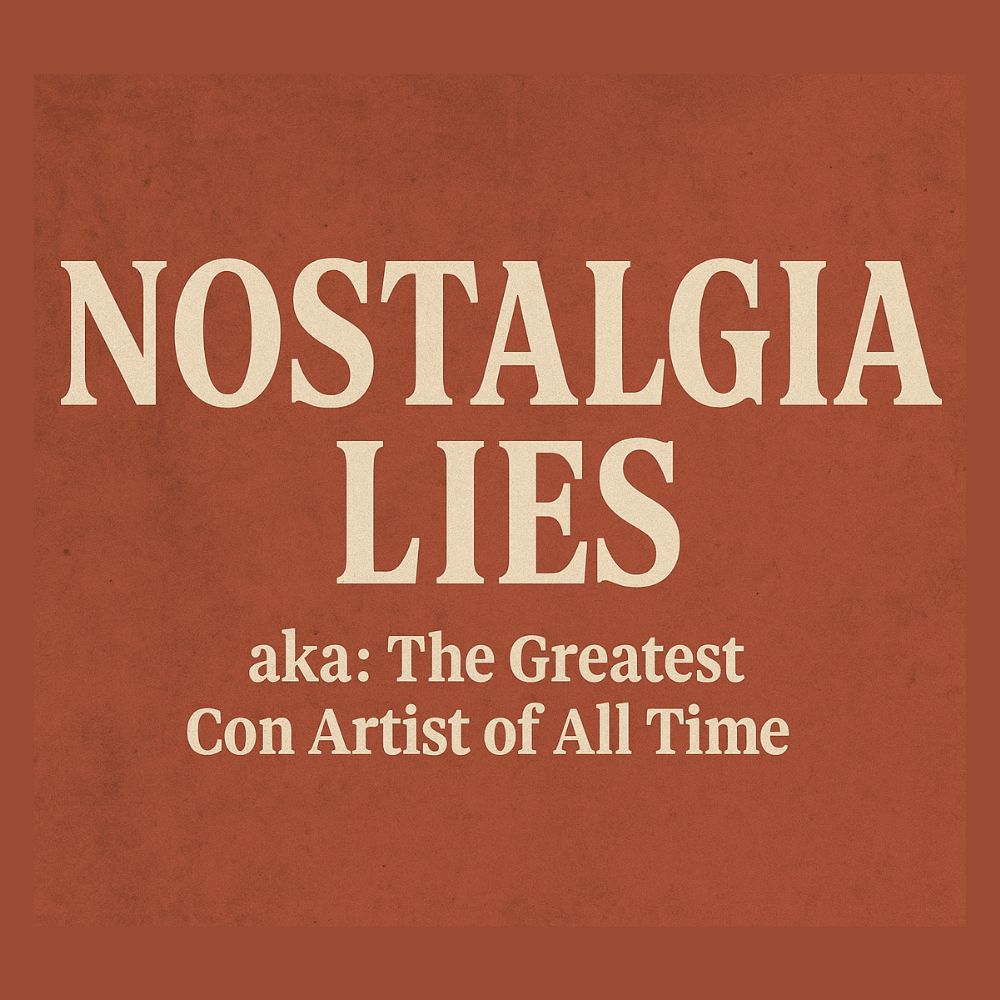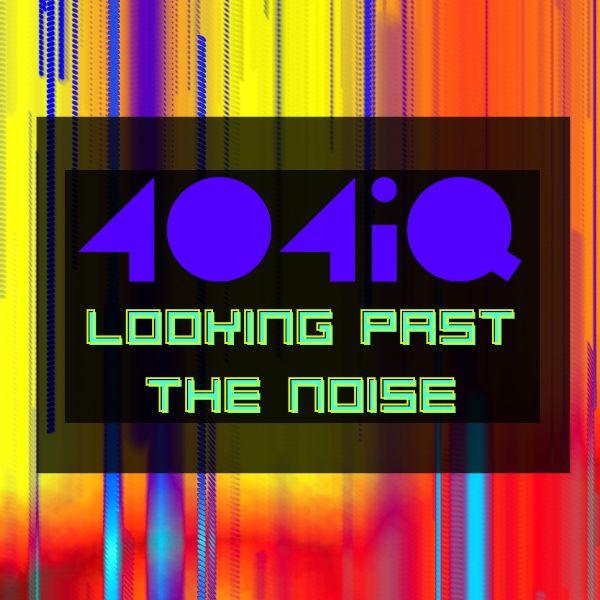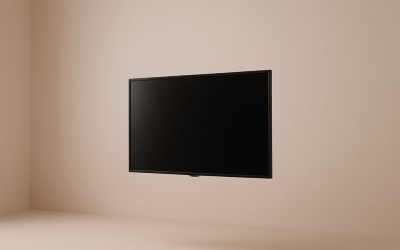Ah, nostalgia. That sweet, blurry, golden-hued memory montage that plays in our minds like a 90s movie soundtrack. It sneaks in uninvited, pours you a glass of emotional wine, and whispers, “Remember how amazing everything used to be?”
Lies.
All of it. Beautiful, sneaky lies.
Because while you’re out here romanticizing the past—those carefree teenage summers, the big city hustle, the one-bedroom apartment that had “charm” (a.k.a. mold)—you’re forgetting that it also came with awkward breakups, 3-day hangovers, a diet of toast and hope, and an overwhelming sense of “what the hell am I doing with my life?”
It’s a highlight reel, not the behind-the-scenes footage
But nostalgia doesn’t care about your truth. It’s a highlight reel, not the behind-the-scenes footage. It sells you a version of the past that never really existed. And yet, we buy it—again and again.
The Rosy Retrospection Scam
Psychologists have a term for this: rosy retrospection bias. It’s our brain’s charming little trick of filtering the past through rose-coloured glasses, ignoring the boring, painful, or embarrassing bits. Like an overenthusiastic movie editor who cuts all the plot holes and adds a killer soundtrack.
The science says we’re wired for it. Our brains, ever the PR managers of our memories, tend to file away bad stuff in dusty mental drawers labeled “Character Building” and keep the good stuff framed on the mental mantlepiece. There’s even research suggesting that we remember emotionally charged events more vividly—but not necessarily more accurately.
So, when you think back to your university days and feel a pang of longing, you’re not remembering the stress of exams or the communal fridge crime scenes. You’re remembering freedom. Youth. Late-night pizza and poor decisions that made great stories. It wasn’t all good—but your brain doesn’t care. It’s curating a mood board, not a documentary.
Memory: The Instagram of the Mind
Imagine your memories are a heavily-filtered Instagram feed. You crop out the mess. You boost the saturation. You slap on a Valencia filter and boom—your trip to Paris looks like a romantic comedy, not a soggy baguette-and-blisters adventure featuring an argument on the Metro and a broken umbrella.
We don’t remember the full story—we remember the vibe.
Nostalgia makes us believe that life was better back then
And that vibe is intoxicating. It makes us long for “simpler times,” even if those times involved dial-up internet, questionable fashion choices, and economic recessions. Nostalgia makes us believe that life was better back then, not because it was, but because we survived it. And survival, in retrospect, often feels like success.
Why We Fall For It
When life feels uncertain, nostalgia is like emotional comfort food. It’s mac and cheese for the soul. In times of change or stress, we look back on the “known” parts of our lives for reassurance. That job we left, that city we moved from, that ex we totally don’t think about every third Thursday—nostalgia paints them all in soft light.
There’s even research to suggest nostalgia has psychological benefits. It can increase self-esteem, boost mood, and give us a sense of continuity. But here’s the catch: it’s not always helpful when it becomes a roadmap for the future.
That’s when we start making big life decisions—buying tickets, quitting jobs, ending relationships—based not on reality, but on a feeling filtered through faulty memory.
The Danger of Nostalgic Decision-Making
Let’s say you once lived in New York. You remember the skyline, the energy, the endless possibility. And now, sitting in your suburban kitchen surrounded by Paw Patrol merch and the smell of yesterday’s toast, you think, “I want that life back.”
But do you really?
Because that “New York life” also involved working until 10pm, sharing a shoebox apartment with a roommate who collected taxidermy, and crying into a bodega sandwich more than once. You don’t remember that bit, because your brain edited it out.
You remember feeling alive. But maybe that feeling came from being younger, unattached, and willing to eat cereal for dinner. Not from the city itself.

Metaphor Time: The Disco Ball of Memory
Think of nostalgia as a disco ball in your brain. It spins and sparkles, reflecting only the shiny bits of your past while the shadows disappear in the blur. It turns even the most mediocre moments into glittering fragments of joy.
But here’s the thing about disco balls: they only shine when you’re not looking too closely.
Nostalgia is very good at hiding the glue
Start poking around the edges, and you’ll find cracks. Dust. Maybe even regret. The glitter is real—but so is the glue holding it all together. And nostalgia is very good at hiding the glue.
A Personal Confession
I’ve lived in a few countries, and I can confidently say that I’ve fallen for this nostalgia trick more times than I care to admit. Spain? Glorious. Until I remembered that the dreamy beaches came with ants, sweaty nights, and trying to open a bank account with my terrible Spanish. London? Electric. But also soul-crushingly grey and expensive, and my entire wardrobe smelled like tube sweat and ambition.
I’ve dreamt of going back to these places. I’ve sat in my suburban living room, longing for that old version of myself. The one that partied until sunrise and didn’t own a lawnmower. The one who felt things deeply and didn’t Google “ergonomic office chairs.”
But then I remember: that guy didn’t have it all figured out. He was guessing. He was scared. He was just louder about it.
So What Do We Do With Nostalgia?
We don’t have to kill it. Just… keep it in check. Treat it like a charming dinner guest who tells slightly exaggerated stories. Enjoy the entertainment. But don’t hand them your house keys.
Crave the excitement? Create it. Long for the community? Rebuild it
Instead of trying to relive the past, we can honour it. Take the best parts and bring them forward. Miss the spontaneity? Schedule it. Crave the excitement? Create it. Long for the community? Rebuild it.
Maybe it’s not about recreating the life we had, but about capturing the feeling in a new form. Updated for the version of ourselves that now owns matching towels and Googles weather patterns before making weekend plans.
Nostalgia vs. Growth
Here’s a final truth bomb: nostalgia is often a sign that you’ve grown. That you’ve changed. You’re not looking back because things were perfect—you’re looking back because you’re in a new chapter now, and that old version of you feels far away.
And that’s okay. You’re not supposed to stay the same. You’re not supposed to live in the past. You’re supposed to learn from it, steal the best parts, and carry them with you like souvenirs from a journey.
So yes, nostalgia lies. But sometimes, lies make good stories. And occasionally, they remind us of who we’ve been—and how far we’ve come.
Final Thought: Don’t Move Back. Move Forward.
Before you start packing your bags for Paris or applying for that job you swore you’d never do again, take a breath. Sit in the patchy grass of your current life. It may not look as green, as wild, or as romantic—but it’s real.
So why not start noticing the good stuff
And here’s the truth: the life you’re living now? One day, nostalgia will lie about this too. It will remember only the laughter, the family dinners, the quiet Sunday mornings. It’ll crop out the tantrums, the bills, the soggy toast. So why not start noticing the good stuff now—before the lies begin?





